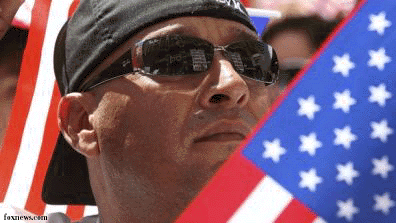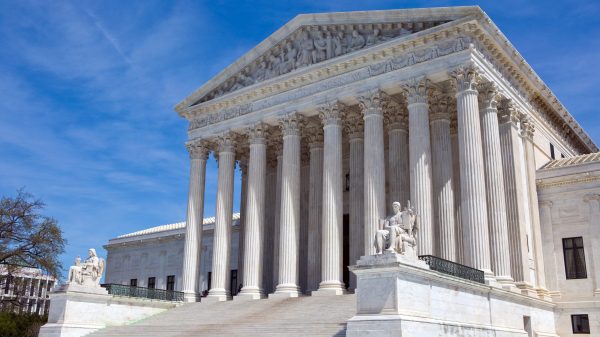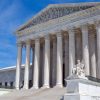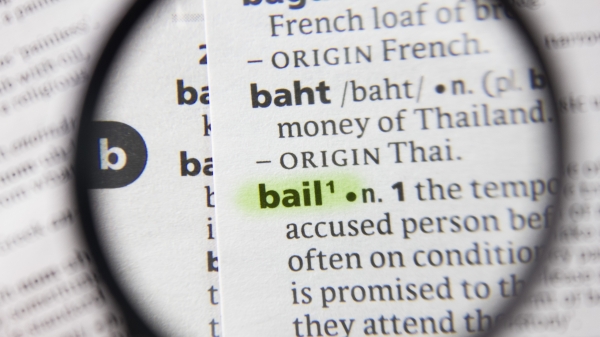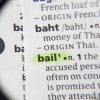Staff Report
A coalition of groups seeking to overturn the state’s immigration law said Monday that Attorney General Luther Strange should issue new guidelines to law enforcement based on a U.S. Supreme Court ruling last week.
In particular, representatives of the ACLU, Southern Poverty Law Center and National Immigration Law Center said they believed the justices had limited implementation of Section 12 of Alabama’s immigration law, which allows law enforcement to check the immigration status of those they have “reasonable suspicion” of being in the country unlawfully.
Mary Bauer, legal director of the Southern Poverty Law Center, said they had collected complaints of “racial profiling and prolonged detention” in the enforcement of the law.
“There’s a more basic issue of human values here,” she said on a conference call Monday. “We as Americans expect to go about our business lawfully without having law enforcement demand to know our right to be here.”
In a statement, Strange said Monday he had “great confidence” in law enforcement’s approach to the immigration statute.
“Racial profiling is not, and will not be tolerated in Alabama, and our law enforcement agencies adhere to strict guidelines that prohibit racial profiling,” he said.
“This office has worked closely with law enforcement in their development of training for all officers through the Alabama Peace Officers Standards and Training Commission and other agencies, and we will continue to do so as needed.”
Last week, the U.S. Supreme Court struck down three provisions of an immigration law in Arizona that served as a model for Alabama’s. The justices allowed Arizona’s “reasonable suspicion” provision to stand, saying the implementation of the provision needed to be demonstrated, and possibly adjudicated in state court.
Writing for the majority, Justice Anthony Kennedy said that “detaining individuals solely to determine their immigration status would raise constitutional concerns.”
Kennedy did, however, say there were situations where the law could be read where checks could be conducted constitutionally, such as an “authorized, lawful detention.”






































